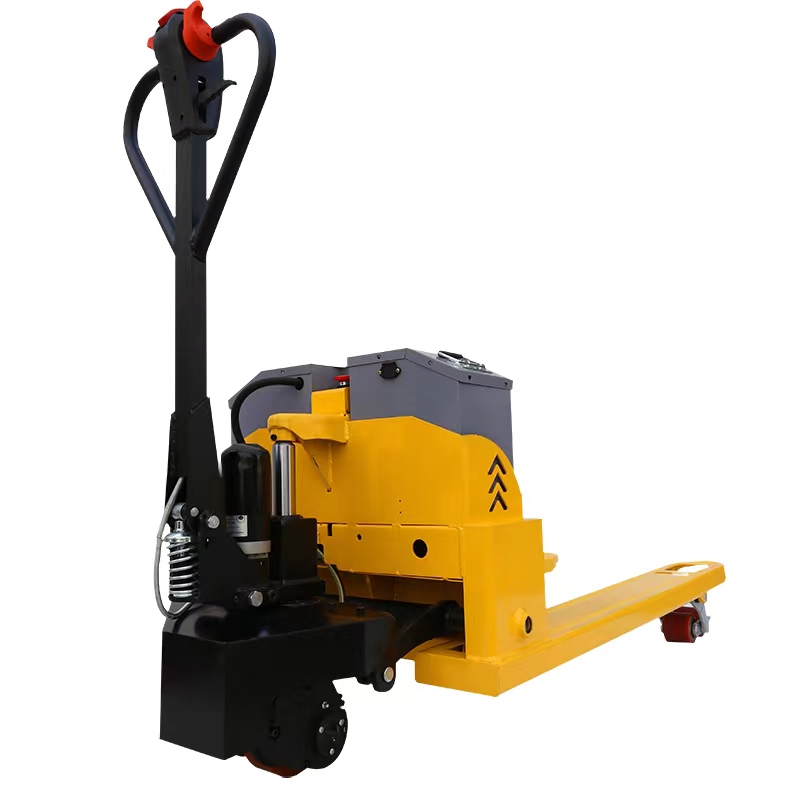


Understanding Crane Scales The 1-Ton Capacity
Crane scales are indispensable tools in various industries, primarily used for weighing heavy loads in situations where traditional scales might not be practical. Among the various types of crane scales available in the market, 1-ton capacity crane scales are particularly popular for their versatility and reliability in handling a wide range of applications.
What is a Crane Scale?
A crane scale is a specialized weighing device that hangs from a crane or hoisting mechanism, allowing the user to weigh loads that are suspended in the air. This eliminates the need for ground space and enables weighing in tight or confined areas where traditional scales cannot be utilized. The device usually consists of a hook to hold the load, a load cell to measure weight, and a display unit to show the weight reading.
Features of a 1-Ton Crane Scale
Crane scales with a 1-ton capacity are designed to handle loads up to 2000 pounds. They are equipped with features that ensure accuracy and efficiency. Most modern crane scales include digital displays for easy readability and can provide measurements in both pounds and kilograms. Some advanced models are also equipped with Bluetooth or Wi-Fi capabilities, allowing users to track and record weights on their mobile devices or computers in real time.
Another noteworthy feature is the TARE function, which allows users to subtract the weight of the load’s container or any additional rigging. This ensures that only the weight of the actual load is measured, enhancing accuracy in various applications, from shipping and logistics to construction and manufacturing.

Applications
The applications for 1-ton crane scales are extensive. In construction settings, these scales are crucial for weighing materials and equipment to ensure safety and compliance with regulations. In shipping and logistics, they are used to verify cargo weight, ensuring that shipments meet transportation regulations. Additionally, in industrial environments, they assist in inventory management by accurately measuring raw materials.
Benefits of Using a Crane Scale
Using a crane scale offers several advantages. Firstly, they are incredibly efficient, allowing users to weigh loads in real-time without the need for repositioning. Secondly, their design minimizes the risk of accidents, as loads are weighed without the need to move them onto a traditional scale. Lastly, they contribute to better workflow and productivity, as operators can quickly and accurately measure weights, reducing downtime associated with weighing processes.
Conclusion
In conclusion, a 1-ton crane scale is a vital tool across various industries for weighing heavy loads efficiently and accurately. With advancements in technology, these devices have become more user-friendly and feature-rich, making them indispensable in today’s fast-paced work environments. Whether in construction, shipping, or manufacturing, understanding the benefits and functionalities of a crane scale can lead to better operational efficiency and safety.



